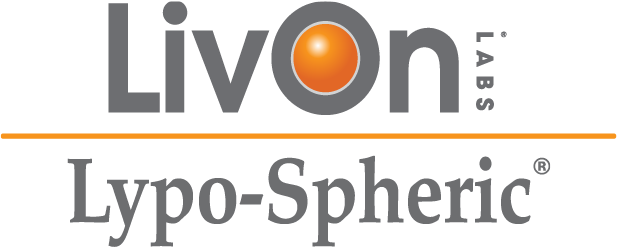Free radicals are an unfortunate effect of living in the 21st century. Each day we are bombarded with substances that create free radicals in our bodies. These are in everything from the air we breathe (cigarette smoke, air pollution), to the foods we eat (pesticides, toxic metals), to the clothes we wear (dyes, synthetic fabrics), and the water we drink (chemicals, disinfectants). A healthy body can neutralize small amounts of free radicals before they become harmful, but prolonged exposure can cause serious health problems. Vitamin C experts agree that properly dosed vitamin C, and other antioxidants, may be the best way to protect the body from the damaging effects of free radicals. But how does vitamin C do this? What is the relationship between free radicals and antioxidants?
Oxidation: The Process that Requires Free Radicals and Antioxidants
Oxidation: The process of a substance losing electrons.
Reduction: The process of a substance gaining electrons, or having them restored.
The same process that rusts metal breaks down biomolecules inside the body — this is oxidation. Once a biomolecule oxidizes, it compromises or even loses its ability to do its job; unless the oxidation can be reversed (or reduced), restoring the molecule to its normal structure, allowing it to do its job.
When a noxious substance enters the body (through breathing, eating, or assimilating in the skin), it produces reactive oxygen species (ROS). Many ROS are free radicals. These unstable molecules contain one or more unpaired electrons, which causes them to seek additional electrons. These free radicals take the electrons from otherwise healthy cells. When electrons are taken, the cells are damaged or oxidized.
Antioxidants like vitamin C restore the electron content of oxidized biomolecules by donating their own electrons. An ample supply of antioxidants can even prevent biomolecules from becoming oxidized. When the body is deficient in antioxidants, however, free radicals can accumulate quickly and cause excess oxidation.
Fortunately, Vitamin C’s simple chemical structure allows it access to nearly all parts of the body, including inside the cell and the cell’s subcellular compartments. By donating its electrons to oxidized biomolecules, properly dosed Vitamin C can neutralize the free radicals in nearly any part of the body, if administered before the point of irreversible tissue damage. Free radicals and antioxidants are opposites: One takes electrons and the other gives them.
Free Radicals and Oxidized Antioxidants
When an antioxidant donates its electrons, it becomes an oxidized antioxidant. It needs additional electrons to resume its reduced, or active, state. But, it does not become a free radical.
The difference between a free radical looking to take up electrons (oxidation) and an oxidized antioxidant looking to take up electrons (oxidation) involves several factors:
- Once a free radical has taken the electrons away from a biomolecule (oxidation), it will never re-donate the electrons to any other molecule seeking electrons. A free radical will never perform an antioxidant function, even if it has enough electrons to do so.
- An antioxidant, such as vitamin C or glutathione, is a classic redox (reduction-oxidation) molecule. This means that antioxidants are designed to take and give electrons repeatedly. When magnified millions of times, you can see that vitamin C and glutathione molecules promote electron flow through the cell by taking and giving electrons over and over again.
- A free radical, on the other hand, only takes and keeps the electrons it extracts from the molecules it oxidizes. Free radicals block electron flow by interfering with the ability of normal biomolecules and normal cellular antioxidants to interact with each other. Most often this interference is a result of accumulation. If the free radical is not mobilized and excreted, it will eventually accumulate and impair normal biomolecule function.
- Another reason free radicals and antioxidants differ is that antioxidants can donate electrons to recharge each other. This is a major benefit of glutathione and why it is considered “the master antioxidant.”
Free Radicals and Antioxidants: A Constant Battle in Daily Living
Free radicals and antioxidants are in a constant battle for electrons. Increasing your circulating antioxidant levels gives you a better chance of mitigating oxidative damage. Glutathione, Vitamin C, and numerous other antioxidant molecules are of vital importance to the body when confronted by the damaging substances that we cannot avoid as we live in this century.
Content Adapted from Primal Panacea by Thomas E. Levy, MD, JD.

